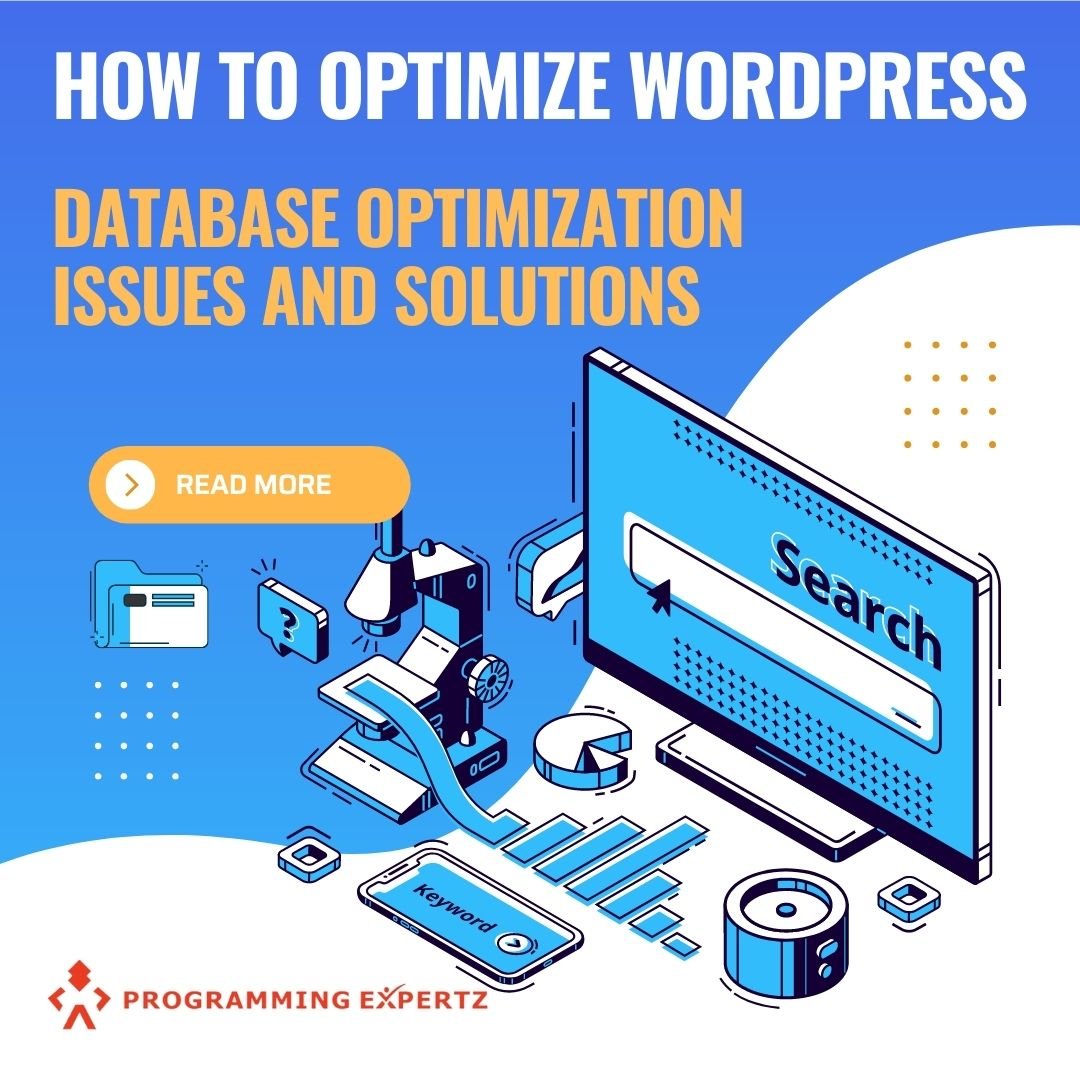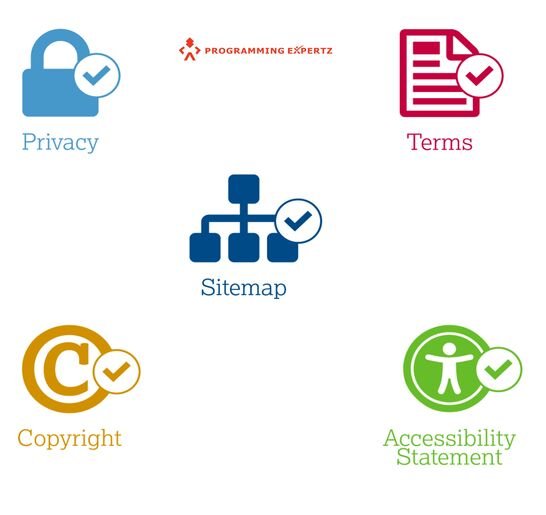With Google adjusting its algorithms an estimated 500–600 times per year, it’s challenging to ensure your site employs the most up-to-date SEO best practices. You could be making SEO blunders that are costing you traffic, conversions, and cash. Here are 15 SEO blunders that could be harming your site’s performance, as well as suggestions for how to remedy them.
1. Ignoring technical SEO.
The first step is to get visitors to visit your website. The second and equally critical step is to ensure that your site runs flawlessly and provides an excellent user experience. Your website should be mobile-friendly and intuitively arranged for simplicity of use, allowing people to easily and quickly locate what they’re looking for. Pages must load rapidly (most web users expect a site to load in two seconds or less), and the site must run smoothly, with no crashes, errors, or broken links.
2. Failure to use keywords strategically.
When Google crawls a site, it looks for keyword hints to determine the content of a page. Therefore it’s critical to concentrate on one target keyword or key phrase on every page. Once you’ve chosen a key term, utilize it carefully in the context of the page content, but don’t overuse it. Try to include target keywords or phrases that exactly match the most-searched terms you’re after, but if the exact match can’t be used naturally in your site’s content, you’re better off with a close match. Find out more about keywords and SEO.
3. Failure to upgrade to HTTPS.
Since 2014, Google has prioritized sites that employ HTTPS (HyperText Transfer Protocol Secure), which increases website security by encrypting all connections between the server and the browser. Google continues to encourage all website owners to transition from HTTP to HTTPS by displaying “not secure” warnings on standard HTTP web pages and boosting the value of HTTPS as a ranking signal. Consider upgrading to HTTPS if you haven’t already—not just for the ranking benefit but also to increase security for your site users and your firm.
4. Creating and distributing low-quality content.
Google evaluates your website’s content, including blog posts and web pages, to assess how beneficial your site is to visitors and what kind of experience they’re getting. Because both of these factors are critical to your search rankings, releasing irrelevant, poorly written material will reflect poorly on your entire website. Make sure your site includes a lot of well-written, engaging, and valuable material if you want to increase your SEO.
5. Failing to put your business in front of local searchers.
According to a Google survey, half of the customers who make an internet search for a local business visit the store the same day. Claim your business, add localized material to your site, and ensure your business displays correctly in local listings and directories to ensure your business appears in local search results.
6. Not using meta tags that are optimized.
The meta tag (also known as the title tag) of a page does not appear on the page itself, but it does appear as the page’s title in search results and in the browser bar when a visitor is on the page, so make it descriptive, relevant, and keyword-rich. Learn more about meta tags and how they can help you enhance your SEO and user experience.
7. Ignoring the importance of branded keywords.
Potential customers utilize branded keywords or phrases to do targeted searches for a business or brand. Of course, you want to optimize your website for generic phrases connected to your product or service or even similar products. Still, you don’t forget to include keywords distinctive to your brands, such as the company name and the name of the product or service you provide.
8. Ignoring internal hyperlinks.
Internal links, or connections to other pages on the same website, help visitors find more helpful information and traverse a website more logically. Still, they also assist search engines in finding relevant content and passing authority to those pages, which can improve organic rankings. Internal links are ranked #43 (by number) and #44 (by quality) among Google’s 200 ranking criteria, according to Backlinko. To disseminate the “link juice” throughout your site, identify your most popular pages and include links to other related content on those sites. Make sure your internal links have keyword-rich anchor text.
9. No schema markup is used.
Schema markup code is a method of organizing and defining data on your website. Search engines employ schema markup to better comprehend the content of a website so that they can provide the most accurate and relevant search results to users and produce an enhanced description that makes it stand out from the competition. Users can’t see schema markup, but it can be applied to standard HTML code on your website—all you have to do is learn the schema language.
10. Ignoring the importance of outbound links.
Links are incredibly crucial, and many SEOs devote a significant amount of time and effort to obtaining referral traffic from inbound links to a site. Outbound links to external websites, on the other hand, can make a significant difference for your site if they go to reputable, valuable sites that increase your site’s authority and provide value to your visitors. Make sure your links open in a new tab so that your website remains accessible if your readers want to return.
Contact Programming Expertz today for assistance with SEO, Digital Marketing, and Analytics & Reporting.


















